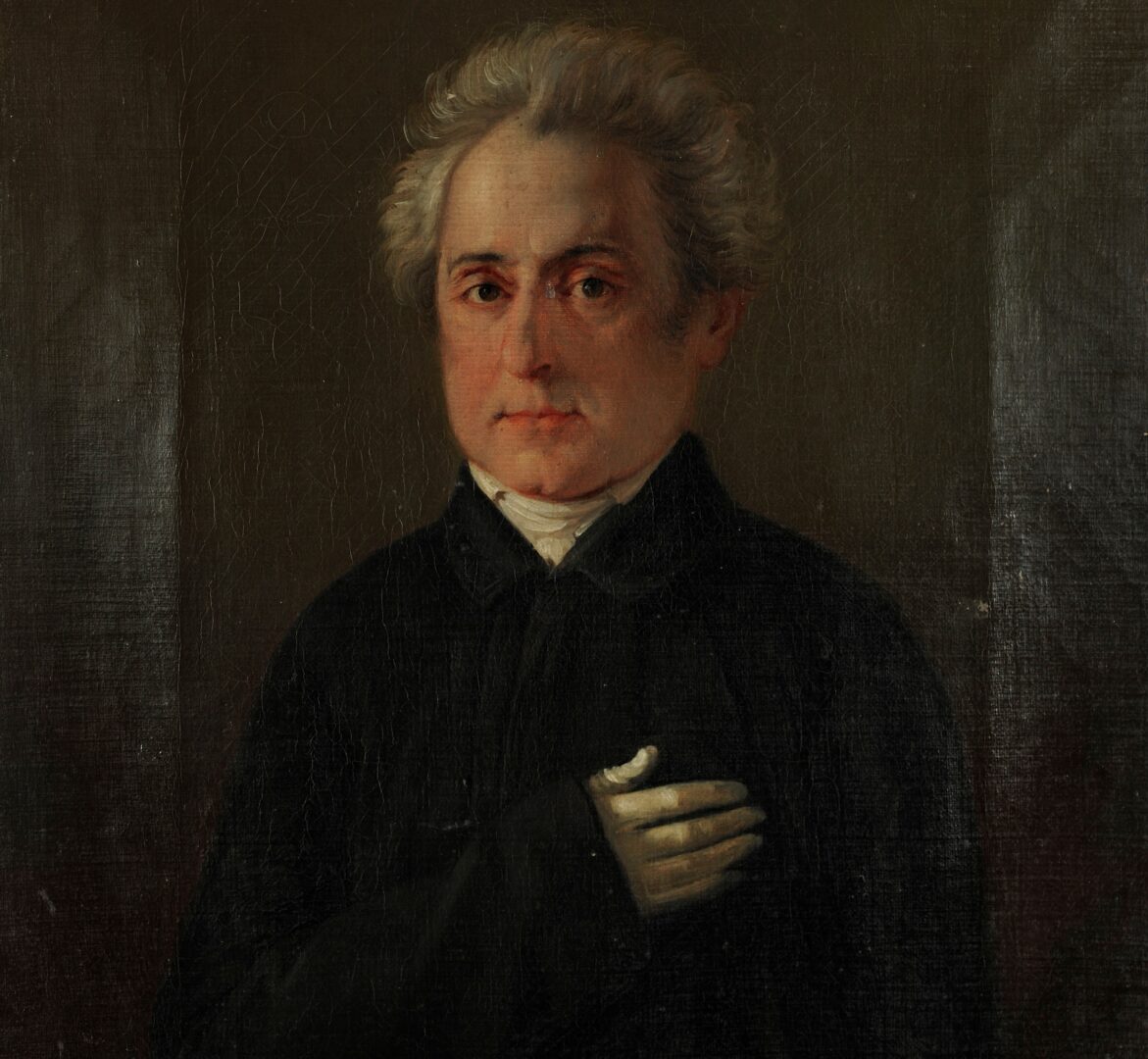Over the centuries, Zakynthos has produced highly significant personalities, whose contributions have shaped the Zante island’s cultural image and influenced the life of recent generations in more ways than one. The blossoming of literature on the island was evident by the 15th century, when many writers and poets were acquiring fame for their poetry and prose. Nikolaos Loukanis a poet and translator of Homer’s Iliad, was one of the most famous literary personalities of those times and in the 16th century, the first Greek Academy is established in Zakynthos. Interaction with cultures in Europe and Crete has influenced the Zakynthian literature a lot, it loves to praise the importance of religion, country, woman and nature.
The peak of the islands cultural development is reached in the 19th century with the birth of Andreas Kalvos, Dionysios Solomos, and Elizabeth Moustan – Martinengou. Elizabeth was one of the first Greek woman authors to have a place in the man dominated literary history, thanks to her high important. Andreas Kalvos composed twenty classical “Odes” that were innovative poems, filled with a musical character and inspired by the Greek war of independence of 1821. He and Dionysios Solomos used many elements of demotici, what was the language of the working class. His verse “Freedom requires courage and virtue”, will inspire peoples struggle for freedom in many years to come.

